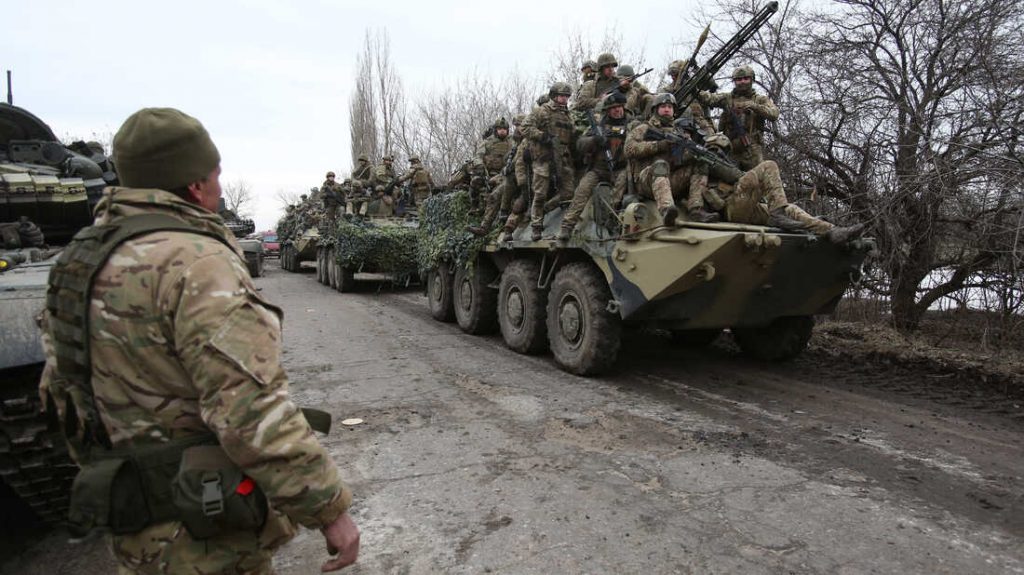Sanctions on Russia affects Malawi’s trade, says report
At least one percent of Malawi’s trade is at risk of being disrupted due to sanctions imposed on Russia as a result of the on-going war with Ukraine, a new report shows.
In a policy brief titled ‘How Currency Sanctions on Russia Could Disrupt Trade with Africa’, the Brookings Institution’s Africa Growth Initiative said Malawi’s economy is largely affected by external economic developments, which contribute to economic vulnerability.

On the continent, the report said sanctions could disrupt about 1.8 percent of Africa’s trade, mostly concentrated in imports and under a worst-case scenario, disrupt upwards of five percent of Africa’s trade revenue.
Reads the policy brief in part: “About 95 percent of African exports and 94 percent of African imports with the world are denominated in either euros or dollars.
“As such, for economic and financial reasons, a substantial majority of Russia-Africa trade is also denominated in euros or dollars and, hence; will be affected by sanctions on relevant Russian financial institutions.”
In its second Monetary Policy Committee (MPC) Statement last month, Reserve Bank of Malawi (RBM) said Malawi’s trade declined in the first quarter of this year, with imports recording a $224.2 million (about K184. 9 billion) decrease to $646.4 million (about K525.88 billion).
On the other hand, exports contracted by $14 million (about K11.39 billion) to $189.8 million (about K149.78 billion) during the same period.
In an interview on Thursday, Malawi University of Business and Applied Sciences associate professor of economics Betchani Tchereni said this is reflective of the adverse effects of the Russia-Ukraine war on global economic activity.
“We do trade with Russia and get very critical commodities from this country. Any sanctions or continued supply chain disruptions are a cause for concern for the country in terms of trade and we have already seen the consequences of such developments,” he said.
RBM said the Russia-Ukraine war has triggered increases in global energy, food and other commodity prices as sanctions have created supply shortages across the globe.
The central bank singled out crude oil, wheat, fertilisers and vegetable crude oil as commodities affected by the war.
Reads the MPC statement: “Russia being one of the major global producers of wheat, its economic sanctions have also fuelled pressures on this commodity. “
Experts say the war in Ukraine is provoking a rapidly expanding global crisis, with the surging cost of food, fuel and fertiliser increasing hunger and food insecurity.





